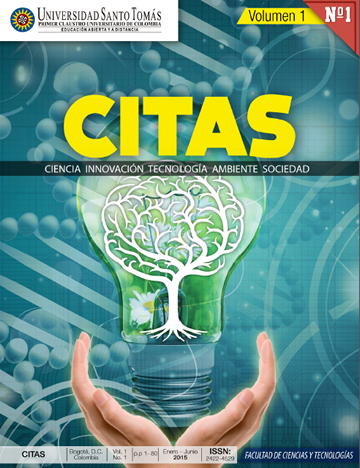¿Por qué investigar en educación virtual?
¿Why research virtual education?
Abstract (en)
This article collects some concerns and reflections that the author proposes about research in the field of virtual education (EV) and the new challenges that this modality poses in training processes, especially in higher education. From this perspective, some considerations of (EV) as an object of study are addressed and some lines and themes are suggested to project research as an essential function for the development of virtuality, facing education in the 21st century.
Abstract (es)
El presente artículo recoge algunas inquietudes y reflexiones que el autor propone acerca de la investigación en el ámbito de la educación virtual (EV) y los nuevos retos que plantea esta modalidad en los procesos formativos, especialmente en educación superior. Desde esta perspectiva, se abordan algunas consideraciones de la (EV) como objeto de estudio y se sugieren algunas líneas y temáticas para proyectar la investigación como función esencial para el desarrollo de la virtualidad, de cara a la educación del siglo XXI.
References
Eusse Zuluaga, O. (2006). De la docencia presencial a la asesoría a distancia. En Barrón Tirado, C. Proyectos educativos innovadores. Construcción y debate (págs. 232 - 238). México: UNAM.
Fainholc, B. (1999). La interactividad en la educación a distancia. Buenos Aires: Paidós.
Recuero, P. (2015). TIC, TAC, TEP: Aprender en el siglo XXI. Recuperado el 14 de abril de 2015, de https://palomarecuero.wordpress.com/
Visitas
Downloads
How to Cite
License
The authors sign a transfer of rights so that Universidad Santo Tomás can publish the articles under the conditions described below. The authors, readers and other users are free to share, copy, distribute, perform and publicly communicate the work under the following conditions:
-
Attribution — You must give appropriate credit, provide a link to the license, and indicate if changes were made. You may do so in any reasonable manner, but not in any way that suggests the licensor endorses you or your use.
-
NonCommercial — You may not use the material for commercial purposes.
-
ShareAlike — If you remix, transform, or build upon the material, you must distribute your contributions under the same license as the original.
No additional restrictions — You may not apply legal terms or technological measures that legally restrict others from doing anything the license permits.
CITAS is licensed under Creative Commons Attribution-NonCommercial-ShareAlike 4.0 International (CC BY-NC-SA 4.0).

Until 2019 the documents published in the magazine were under the Creative Commons Attribution-ShareAlike license (CC BY-SA), however, in order to guarantee the open and free distribution of the content published in the magazine, it was decided to change the type Commons Attribution-NonCommercial-ShareAlike 4.0 International license (CC BY-NC-SA 4.0)






